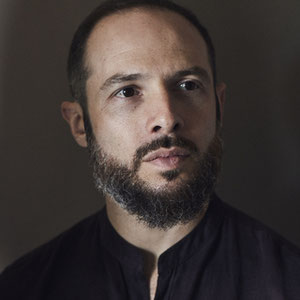AI Dilemma by Aza Raskin
Presented by Aza Raskin
OpenAI’s latest large language model (LLM) release. GPT-4 surpasses its predecessor in terms of reliability, creativity, and ability to process intricate instructions. It can handle more nuanced prompts compared to previous releases, and is multimodal, meaning it was trained on both images and text. We don’t yet understand its capabilities - yet it has already been deployed to the public.
At Center for Humane Technology, we want to close the gap between what the world hears publicly about AI from splashy CEO presentations and what the people who are closest to the risks and harms inside AI labs are telling us. We translated their concerns into a cohesive story and presented the resulting slides to heads of institutions and major media organizations in New York, Washington DC, and San Francisco. The talk you're about to hear is the culmination of that work, which is ongoing.
AI may help us achieve major advances like curing cancer or addressing climate change. But the point we're making is: if our dystopia is bad enough, it won't matter how good the utopia we want to create. We only get one shot, and we need to move at the speed of getting it right.


Aza is a National Geographic Explorer and co-founder of Earth Species Project, an international nonprofit dedicated to using AI to decode animal communication and transforming how human beings relate to the rest of nature. He is also the co-founder of the Center for Humane Technology, was an architect and subject of the Emmy award winning documentary The Social Dilemma, and is the co-host for the popular podcast Your Undivided Attention. Trained as a mathematician and dark matter physicist, he has taken three companies from founding to acquisition, has been a co-chairing member of the World Economic Forum’s Global Future Council on Al, briefs heads of state, and helped found Mozilla Labs, in addition to being named FastCompany’s Master of Design, and listed on Forbes and Inc Magazines 30-under-30.
